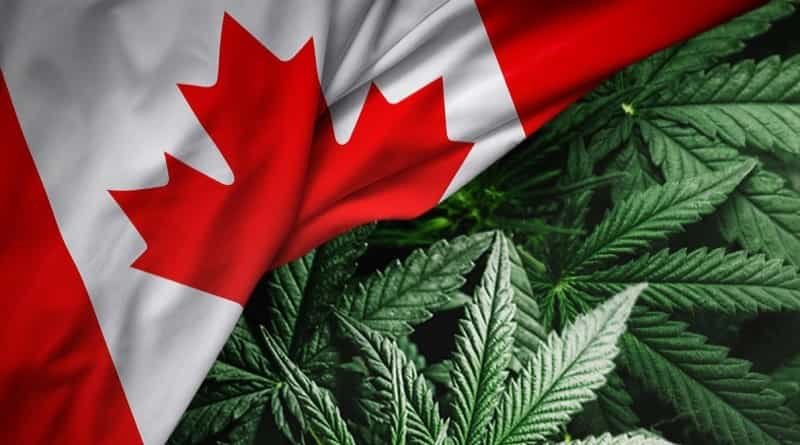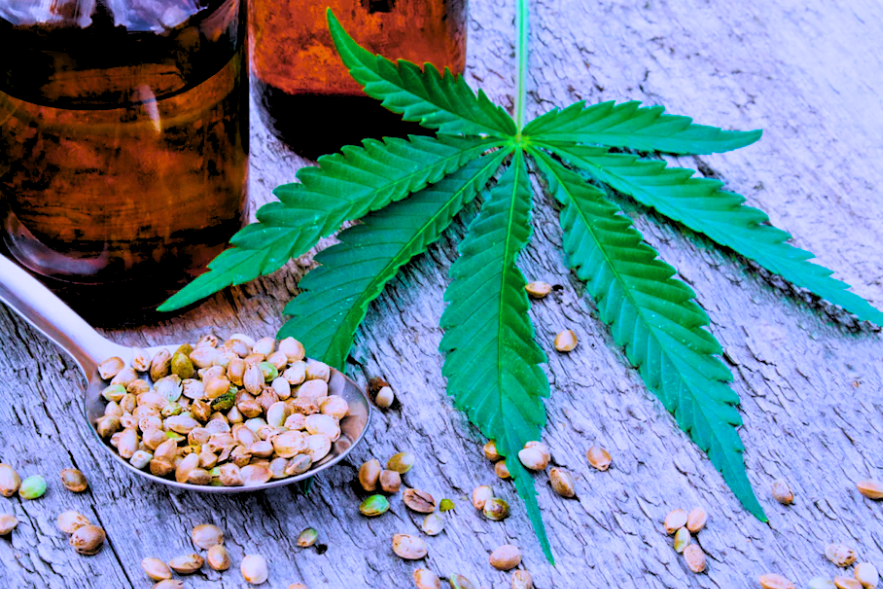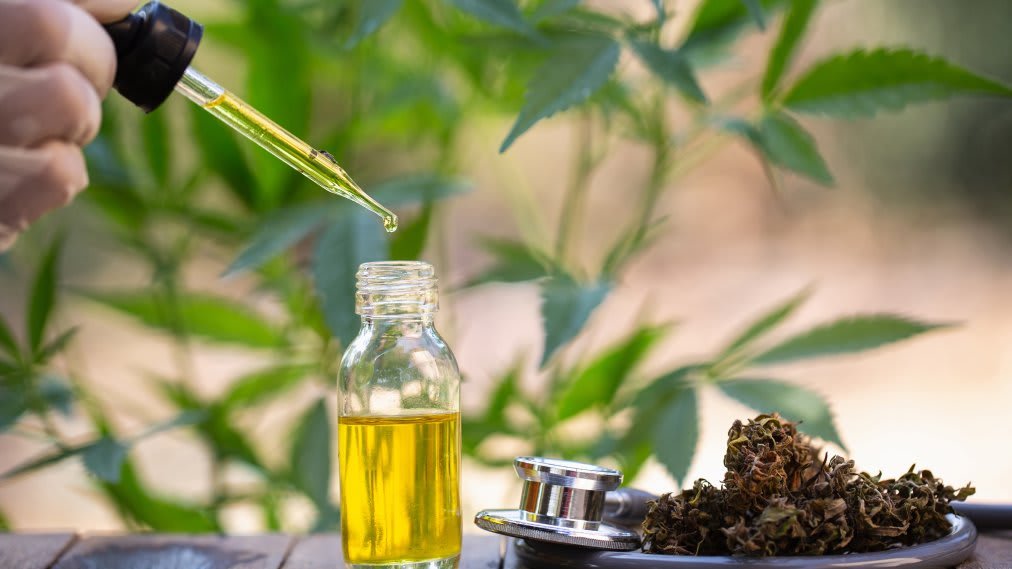
Before Canada’s Act was passed and the months following weed legalization day, there was a lot of speculation coming from all angles on what would happen to the cannabis industry. Now that it’s been over two years since legalization happened in Canada, it’s safe to say that we have a much clearer picture of how the industry has been affected. Weed Legalization
Some cannabis enthusiasts are claiming that the recreational weed legalization in Canada has barely left a mark, while others claim that it has changed drastically. But evidence points to the latter.
Here’s a complete rundown of how legalized weed in the Great White North has changed cannabis, not only in Canada but also in the States.
The US Is Taking Major Steps in Favor of Weed Legalization of Marijuana
It’s no surprise that the States have been closely monitoring how legalization has affected their neighbor to the north. Before that fateful day of October 17th, 2018 when the Cannabis Act was officially passed, many American state governments had already legalized weed for recreational use. Weed Legalization
Many experts say that Canada is blazing the trail that the US will one day follow, and it’s now obvious that this might not be far from the truth. There are currently 33 states where marijuana is legal for either recreational or medical use (or both), and these numbers continue to grow. Is the Canadian government to thank for this? Perhaps.
There are some major problems with the current legalization model in the US, mainly the fact that cannabis is legal on many state levels, but under federal law, it’s still illegal. Even if you’re smoking pot in a state that has completely legalized it, you’re still violating federal law.
This is the main reason why many experts are saying that the US will use Canada’s Cannabis Act as a blueprint for their own federal weed legalization. No one has any idea when the US will actually take action to federally legalize, but as long as Canada suffers no major weed-related catastrophes, it will happen eventually.
There’s even a bill in the works that could decriminalize marijuana on a federal level, and this is a foreshadowing of the trend that the US will continue to follow on its path to legalizing cannabis.
Cannabis Black Market Persists.
Sure, legalized weed is a beautiful thing, but this beauty doesn’t come without its flaws. There 3 major flaws to legal weed:
(1) the selection is limited,
(2) The prices are too high
(3) The quality is lacking. It’s because of these 3 statements that the cannabis Black Market persists and many Canadians are still opting to buy illegal products.
The first year after legalization, the sales were expected to reach about $1 billion. But even with $1 billion in legal sales, the Black Market has not faltered. In fact, that $1 billion was completely overshadowed by about $5 billion in illegal weed sales. Weed Legalization
Even Canadians who are proud to be a part of the country’s legal weed experiment are turning to illegal sources, and this isn’t likely to change anytime soon. Cannabis lovers have reportedly told news sources that they want to support the legal efforts by shopping at local dispensaries, but many of them just can’t afford to do that.
Medical Marijuana Is Taking Massive Tread Forward.
One thing that’s undeniable about legalization is that it has opened many people’s eyes to the possibilities relating to cannabis. And no, we’re not talking about the possibilities of getting high or experiencing some insane munchies. Rather, people are starting to realize that medical marijuana opens new doors to patients who are looking for alternative treatment routes.
Canada’s medical marijuana program – the ACMPR – has been around in one form or another since the early 2000s, but the number of patients applying to become ACMPR members has increased since recreational legalization.
This might be because the ACMPR is one of the world’s leaders in medical marijuana programs, but the more likely reason is that people are starting to accept marijuana on an entirely new level after legalization. Even though citizens are now able to legally buy weed from dispensaries, more and more citizens are applying for their licenses to cultivate medical marijuana from home for personal use instead.
Companies like Cannabis Growing Canada who specialize in helping medical patients apply for their ACMPR licenses have especially noticed the spike in interest relating to medical weed. According to CGC, this interest is expected to continue growing in the next few years.
There Have Ultimately Been No Bad Repercussions
One of the most common fears directly following legalization was that the instances of impaired driving would increase. Another one was that cannabis would get in the wrong hands and the rates of underage cannabis use would skyrocket. The good news is that neither of these things has happened.
In fact, there have ultimately been no negative repercussions relating to legalization. Because of this, more countries around the world are starting to explore the possibility of legalization, and some of them are already taking steps to rewrite their marijuana policies. The entire world is still keeping its eyes on Canada, and this won’t change anytime soon.





